As a new drone pilot, it is important that you are aware of laws and regulations that guide the use of drones in your area. You may be surprised to find out the flying an unmanned aerial vehicle is considered an offense in some areas under both federal and state laws. There are also specific regulations that guide what you can use a drone to do in many country regions.
Drone laws in Texas are one of the strictest of any state in the United States. In addition to Federal regulations, specific rules restrict the use of drones for academic, military, professional, and law enforcement research purposes. Drones may also be used for emergency and safety purposes. Other uses asides from this, such as hobbyists, realtors, surveyors, and other professionals, are subject to FAA and state guidelines. Read on to discover the various laws regarding the use of drones in Texas.
There are drone laws that apply to every state in the United States. These laws were created by the federal government and administered by the Federal Aviation Agency. Federal drone laws are typically superior to state and local laws.
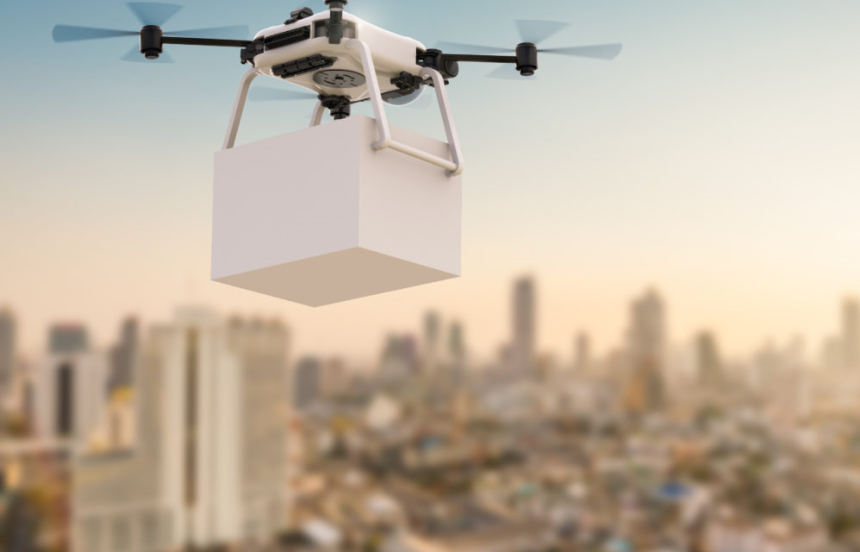
The commercial use of UAS or drones is the operation of unmanned or model aircraft for non-hobby and non-recreational purposes.
Before you can fly a drone as a commercial pilot in the United States, you must meet all the FAA’s requirements. This includes passing the FAA’s Aeronautical Knowledge Test, which qualifies you to obtain a Remote Pilot Certificate.
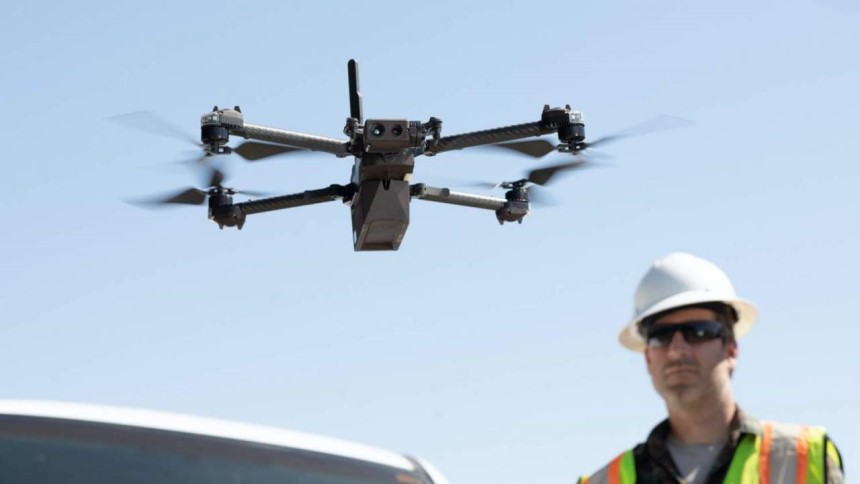
From the Border Patrol to local cops, the government can use drones to watch people, vehicles, and other subjects of interest from the air.
Government employees such as members of the United States Fire service and the police can fly a drone in Texas and other US states. However, you will need to obtain a federal certificate of Authorization (COA) or operate under the Federal Aviation Agency’s part 107 rule. You must also be a certified drone pilot.
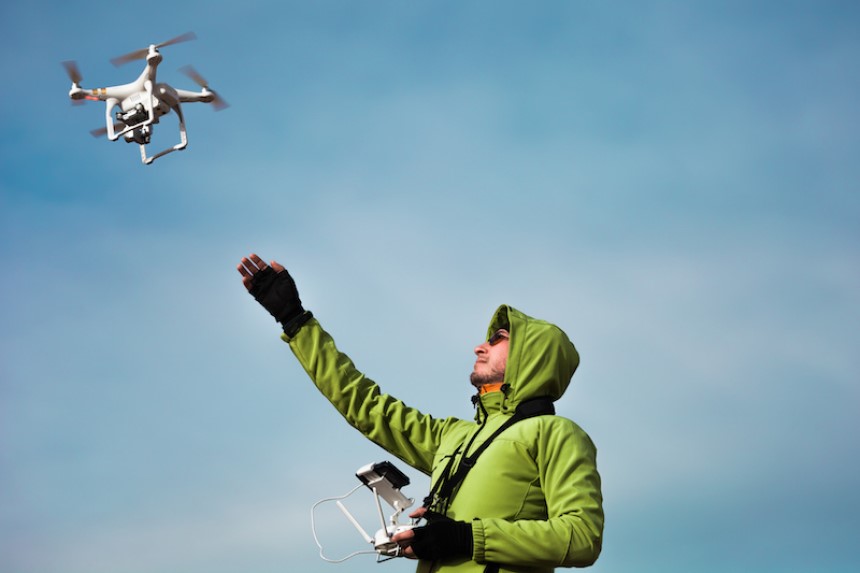
You must fly for hobby or recreation ONLY (no side jobs or in-kind work allowed). You must fly within visual line-of-sight.
Those who fly drones for fun or pleasure are classified as hobbyists. If you are a recreational flyer, the FAA expects you to take the Recreational UAS Safety Test (Also known as Trust). Recreational flyers are also expected to learn and follow FAA rules for recreational air crafts. One of the most important FAA rules for hobbyists is that you must register your drone if it weighs over 0.55lbs (i.e. 250g). Many good-quality drones and cheaper alternative need to be registered with the FAA.
Getting this license costs $5. Another important rule for hobbyists is that drones must be kept within your line of sight at all times Trusted Source Recreational Flyers & Modeler Community-Based Organizations However, if you want to fly a drone for purely recreational purposes, there is a limited statutory exception (“carve out”) that provides a basic set of requirements. www.faa.gov . There are additional rules related to altitude and air space that you must learn to follow.
Like many other states in the United States, Texas has specific laws and regulations that guide the use of its air space. These laws are different from the FAA regulations and apply to drone flying in the state under different circumstances. Since the drone law in Texas is among the strictest in the country, you should be familiar with them to avoid trouble with the authorities.
Texas drone laws are captured under the State of Texas’s Government Code regarding the use of unmanned aircrafts chapter 423. This code highlights the permissible use of drones in the state as well as what is considered an offense. This code restricts flying drones over certain areas such as correctional facilities, private property, and so on. It also prohibits capturing photographs and distributing them. You may also be required to get a permit for some cases of drone usage. Failure to comply with the Texas government code chapter 423 is classified as a misdemeanor offense and attracts a fine.
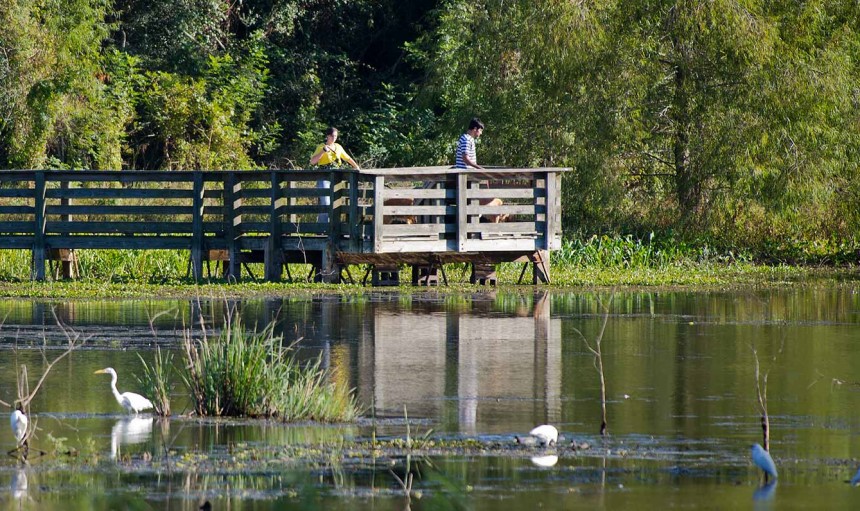
The NPS provides authorization to fly drones over National Parks but only if it is done in the aid of scientific studies or research. Any requests for drone flights have to be coursed through the NPS administration.
You will need a permit to fly a drone in any state park in Texas. The only exceptions are two parks in the state that are specified as safe for flying UAVs. These are the Lake Whitney and San Angelo Parks. If you intend to fly a drone in any of the other parks, you will need to contact the park authorities to request a filming permit. Note that getting this permit can take several weeks.
Also, Texas laws of drone and harassing livestock prohibit the use of drones to hunt, take count, capture or photograph any wildlife without a permit from the Texas Parks & Wildlife Department. This applies to locating wounded animals too. You will need an Aerial Management Permit as well as a Land Owner Authorization permit to use a drone for hunting purposes Trusted Source Drones/UAVs — Texas Parks & Wildlife Department Except with permits issued by Texas Parks & Wildlife Department, the use of drones to hunt, drive, capture, take, count or photograph any wildlife is unlawful. tpwd.texas.gov .
According to Texas drone laws over private property, flying an unmanned aircraft over a privately owned real estate property with the intent to conduct surveillance is considered an offense. The only exceptions to these Texas privacy laws drone are when the drone is being used for law enforcement investigation, research, or by a government employee.
In addition to general rules that guide flying drones in Texas, certain regions, cities, and counties within the state also have local laws created by the authorities in the state. For instance, the Harris Country Park regulations stipulate that a person cannot fly a model aircraft or drone in a precinct park except it is being done in a designated area. You will also need to get authorized writing from the Park Superintendent if you intend to fly the drone away from your line of sight.
The Texas park regulation prohibits flying drones without a permit in almost every park in Texas. Only two parks in the state offer free zones for flying all remote-controlled vehicles. These are the Martin Dies Jr. Park and San Angelo park. Permits are required to film with drones in any of the other parks.
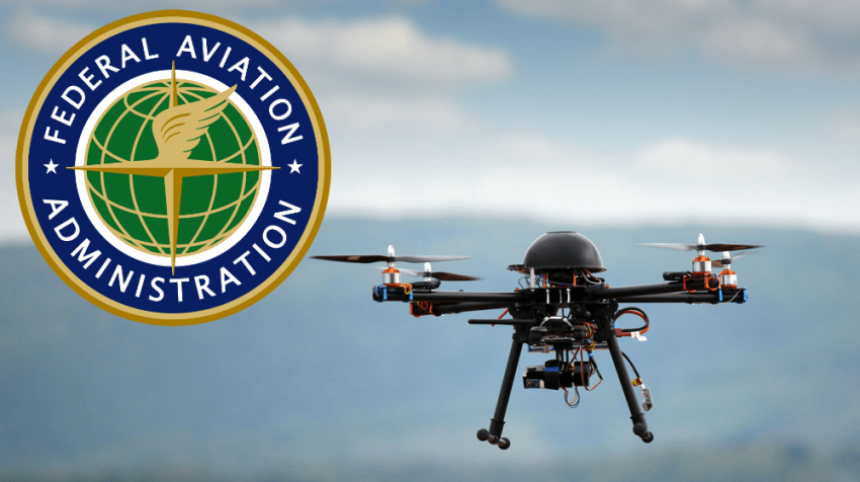
The rules are designed to promote safe aviation, protecting pilots, flight attendants, passengers, and the general public from unnecessary risk.
The Federal Aviation Authority has regulations for flying unmanned aerial vehicles below an altitude of 400ft. The FAA regulation also applies to unmanned aerial vehicles that weigh more than 0.55lbs and less than 55lbs. This law is also known as Part 107 and includes additional operational rules for tests, permits, and requirements that recreational and professional drone pilots have to fulfill.
The use of drones in the State of Texas is governed by federal regulations by the Federal Aviation Agency, which is the federal agency responsible for drone safety in the United States. Additionally, Texas state legislation also includes supplementary rules for specific cases of drone operations in the state. In addition to learning how to fly your drone and other minor details such as how long a drone can fly and maintaining it, knowing the law is also important. If you intend to fly a drone in Texas, you should get familiar with Texas’s federal and state drone laws to avoid costly infringements.